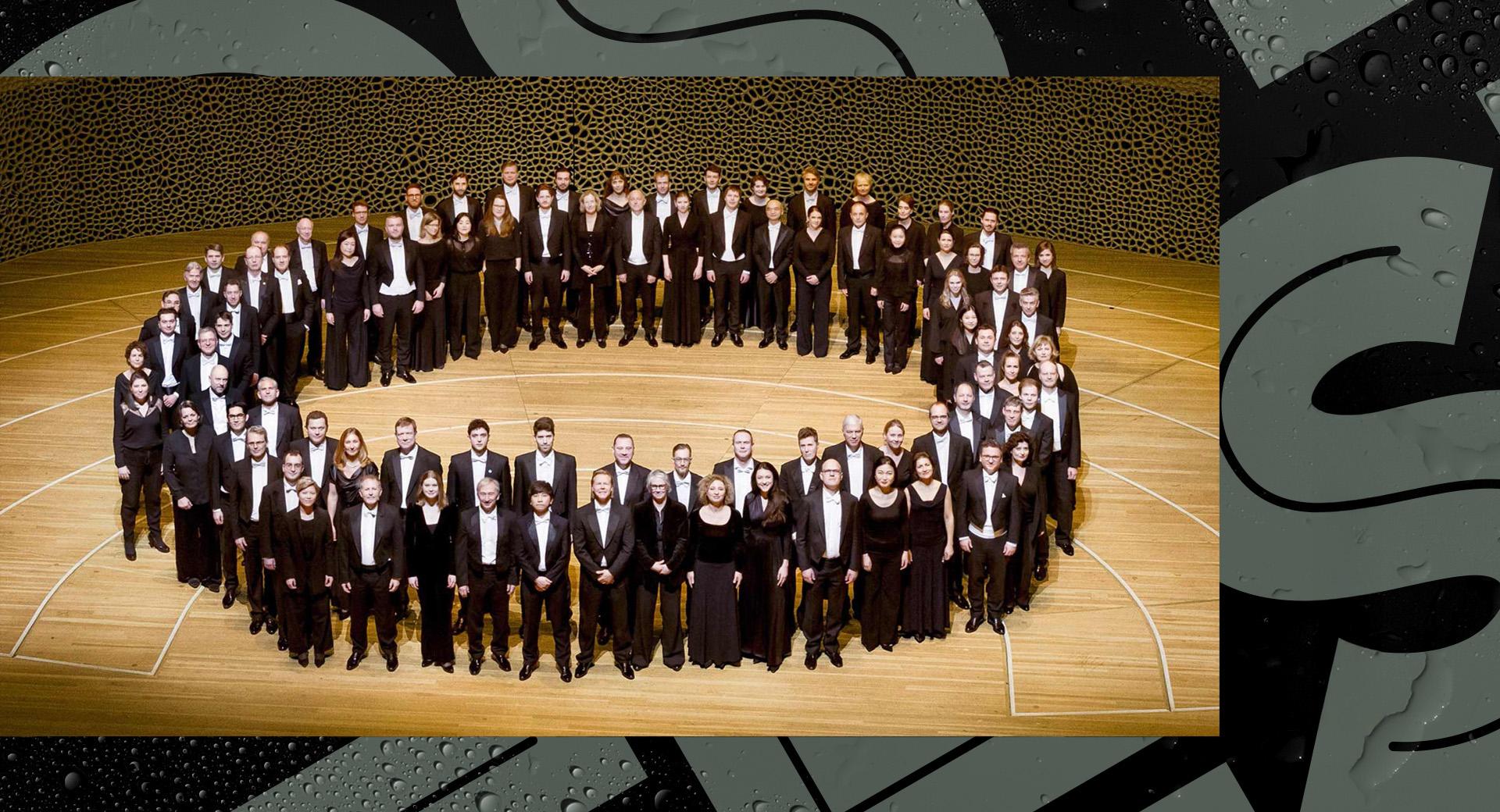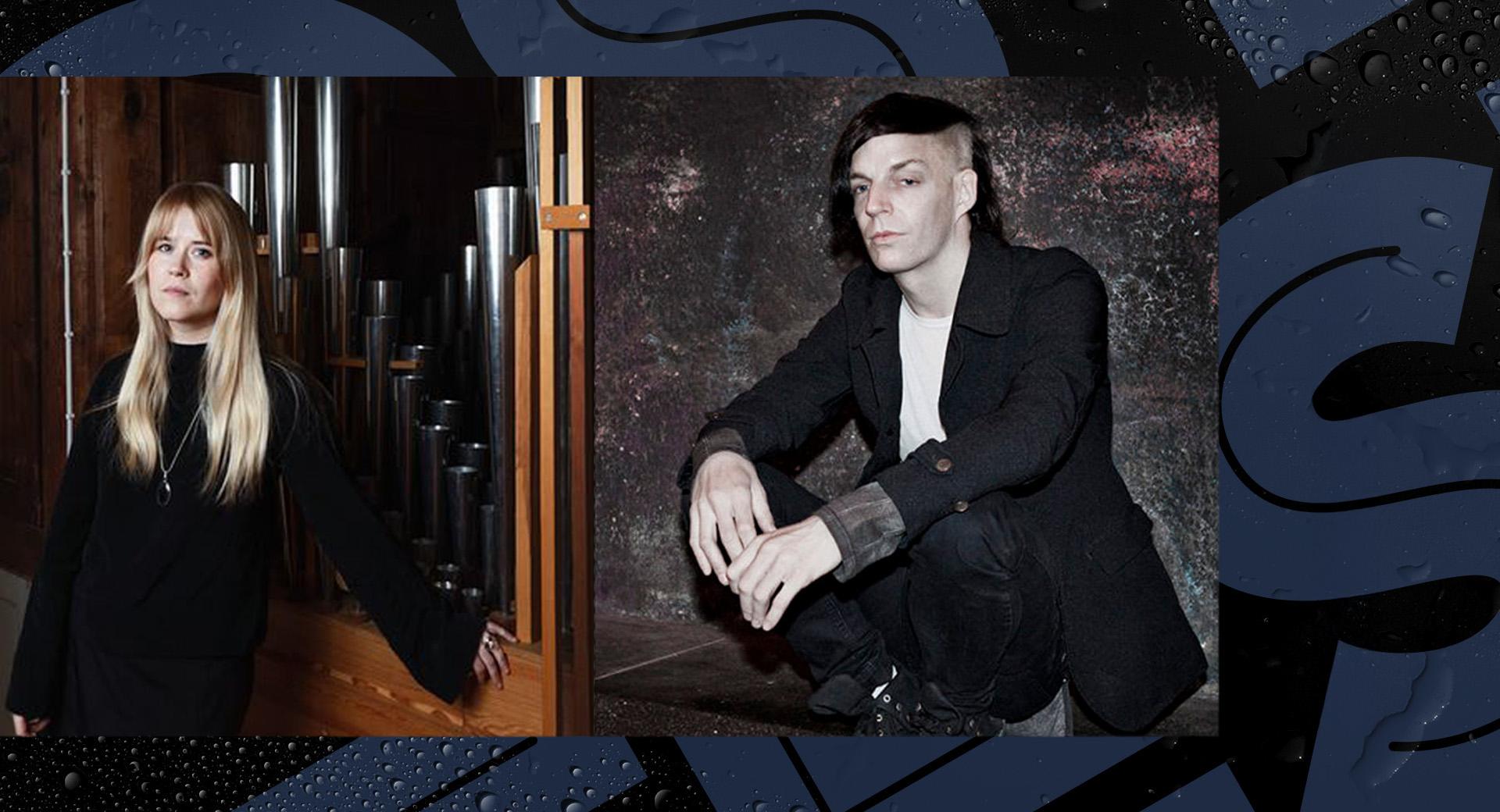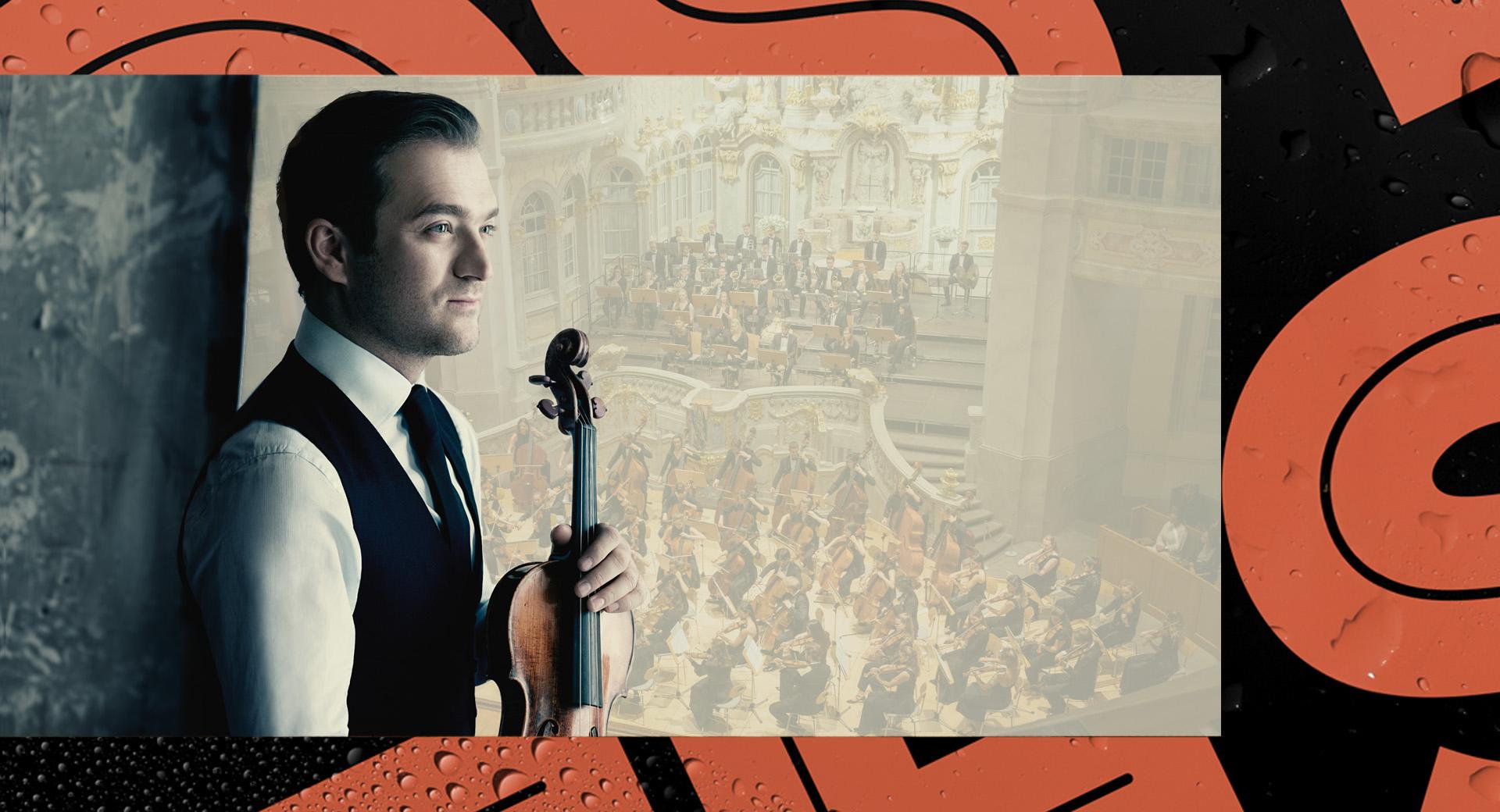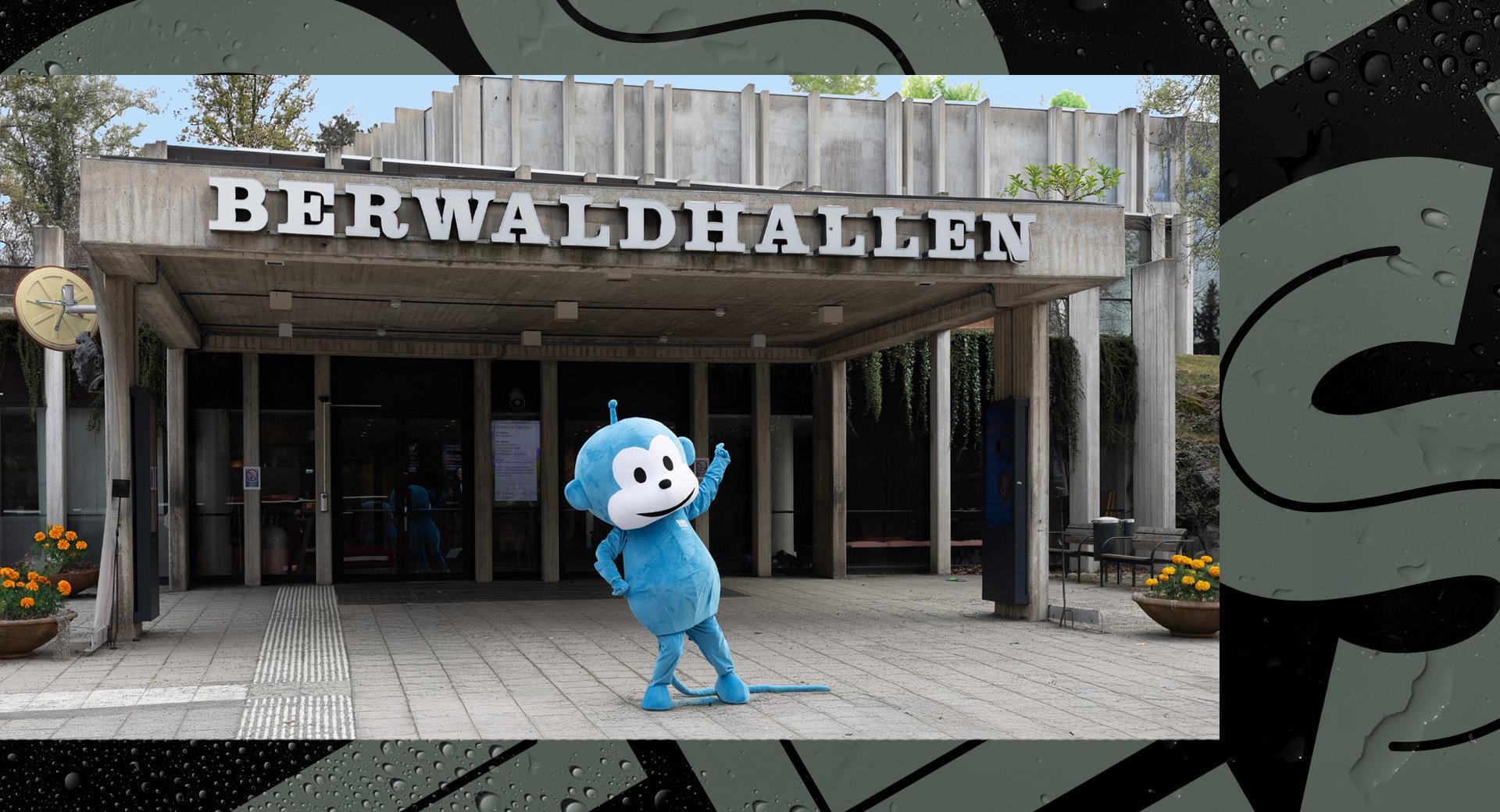Harding meets Cargill
Two wood doves appear in the concert, both foreboding ruin and sorrow. In Dvořák’s beautiful but tragic symphonic poem Die Waldtaube as well as in the song Lied der Waldtaube from Schoenberg’s majestic Gurre-Lieder.
This production is part of one or more concert series.
Waldweben by Richard Wagner could most accurately be described as a pastoral symphonic poem, a moment of rest and reflection in the second act of the opera, Siegfried. The young hero, Siegfried, has gone looking for the dragon Fafner’s cave to end his life, but Fafner is not at home. Siegfried lies down to wait under a tree and, gradually, becomes ever more aware of the sounds emanating from the forest. He is enjoying the chirping of the birds and the gentle rustle of the leaves. A tiny idyll, where Wagner left his eponymous hero as he ceased work on Der Ring Des Nibelungen for twelve years in order to compose Tristan and Isolde and Die Meistersinger von Nürnberg.
I wonder whether it is the somewhat fateful cooing of the dove that has led to that bird becoming a symbol of the bearer of bad news. In Schoenberg’s enormous cantata, Gurre-Lieder, the first part consists of a grand love duet between King Waldemar and his mistress Tove, and it is only towards the end of the scene that the wood dove turns up singing. In a dark ballade, the dove recounts how Queen Helvig murders Tove and of Waldemar’s great sorrow. In Lied der Waldtaube, we hear Scottish mezzo-soprano Karen Cargill who is known for her nuanced interpretations of demanding roles, such as Waltraute in Götterdämmerung, the final part of Der Ring Des Nibelungen.
Late in his career, Dvořák turned his hand to writing symphonic poems. It resulted in five pieces that are all more modern and more expressive than his symphonies, for example. Inspiration frequently came from his countryman, Karel Jaromír Erben, whose texts had been the source of symphonic poems by a number of composers. The cycle of poems entitled Kytice (Bouquet), contains dark stories with supernatural elements, which fascinated Dvořák. Die Waldtaube (The Wood Dove) – yet another dove – is a terrifying story of a woman who fatally poisons her husband. After a brief period, she remarries, and everything seems rosy. However, the idyllic atmosphere is disturbed by a dove that sits on her murdered husband’s grave and, day after day, sings a mournful song. The woman’s guilt gradually grows and eventually, she commits suicide by throwing herself in the river.
Text: Thomas Roth



